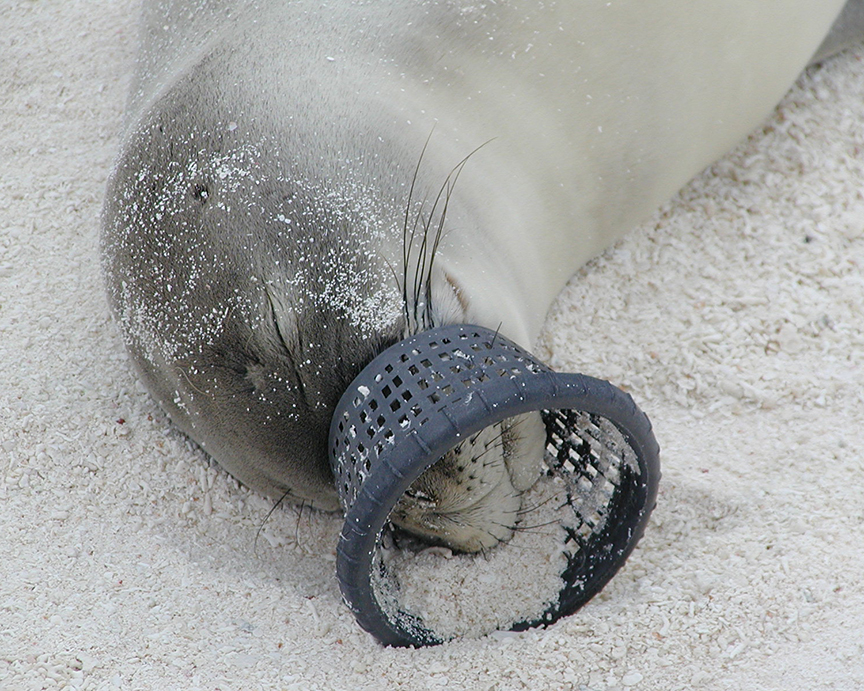 After withstanding Hurricane Iselle, which caused widespread destruction to parts of The Big Island, and now bracing for potential impacts from Tropical Storm Ana, homeowners in Hawaiʻi are all too familiar with the importance of preparing their homes prior to a storm hitting our shores.
After withstanding Hurricane Iselle, which caused widespread destruction to parts of The Big Island, and now bracing for potential impacts from Tropical Storm Ana, homeowners in Hawaiʻi are all too familiar with the importance of preparing their homes prior to a storm hitting our shores.
The Homeowner’s Handbook to Prepare for Natural Hazards, published by the University of Hawaiʻi Sea Grant College Program, provides detailed information on how to prepare your home for a hurricane and other natural hazards including earthquakes, tsunamis and floods.
The handbook was recently updated to include four new appendices that address installing storm panel screws, reroofing, securing photovoltaic systems and ways to get involved with community resilience efforts.
Handbook updated with tips learned from Hurricane Iselle
In addition, Hurricane Iselle information has been added including lessons learned regarding emergency supplies, evacuation planning and wind damage on roofs from less than hurricane strength winds.
“Iselle taught us that tropical storms can cause considerable damage,” said Shelly Kunishige, spokesperson for the Hawaiʻi Emergency Management Agency. “The public should review their plans and prepare emergency supplies. The handbook will help people with guidance on measures to protect their lives and property.”
Dennis Hwang, lead author of the handbook, said families should know where they will stay, either a hurricane evacuation shelter, their house if it is strong and outside high risk flood zones, or a friends or relatives house that meets these criteria.
“If measures have been created to protect the house, such as shutters, a partial deployment could begin as Ana is monitored so that there is ample time to finish well before strong winds that may arrive,” Hwang said.
Handbook available online
Due to an overwhelming response from the public, all printed copies of the handbook have been distributed. It is available for free online and can be downloaded from the University of Hawaiʻi Sea Grant College Program bookstore.
http://seagrant.soest.hawaii.edu/homeowners-handbook-prepare-natural-hazards
Funding was made available to re-print the updated handbook due to support from the State of Hawaiʻi Department of Emergency Management and the Federal Emergency Management Agency Building Science Branch, as well as many other partners.
The printed copies should be available in less than a month. Visit the University of Hawaiʻi Sea Grant College Program website for the latest updates and announcements: http://seagrant.soest.hawaii.edu, or like them on Facebook to receive the most up-to-date information.
KIUC Offers Safety Tips for After the Storm
This week, Kaua‘i Island Utility Cooperative offered tips information on what to do to keep yourself and your property safe if the power goes out due to a hurricane or tropical storm:
- Before the storm, unplug electronic equipment and use surge protectors.
- Make sure your cell phones and mobile devices are fully charged. Buy a car charger if you don’t already have one.
- After the storm, don’t try to clear tree branches and debris from downed power poles and lines. You can get hurt or killed just touching something that’s in contact with a line that’s energized. Leave the work of clearing debris to the professionals.
- If you have a smart meter, you don’t have to call to report an outage, so help keep our phone lines clear. KIUC’s smart grid shows dispatchers where the outages are so they can direct repair crews to neighborhoods and even individual houses. If you don’t have a smart meter, you can call 246-4300 during regular hours or 246-8200 after hours.
- If you’re using a large generator to provide power to your entire house, make sure it’s isolated from the KIUC grid. Generators back-feeding power onto circuits can injure utility workers.
- If you have a rooftop photovoltaic system, check with your installer on whether you need to take any special precautions for emergencies. Most systems are designed to shut off if there’s a power outage.
- Watch for updates on KIUC’s Facebook page, follow @KIUC on Twitter and listen to the radio.
Discover more from ForKauaiOnline
Subscribe to get the latest posts sent to your email.





Leave a Reply